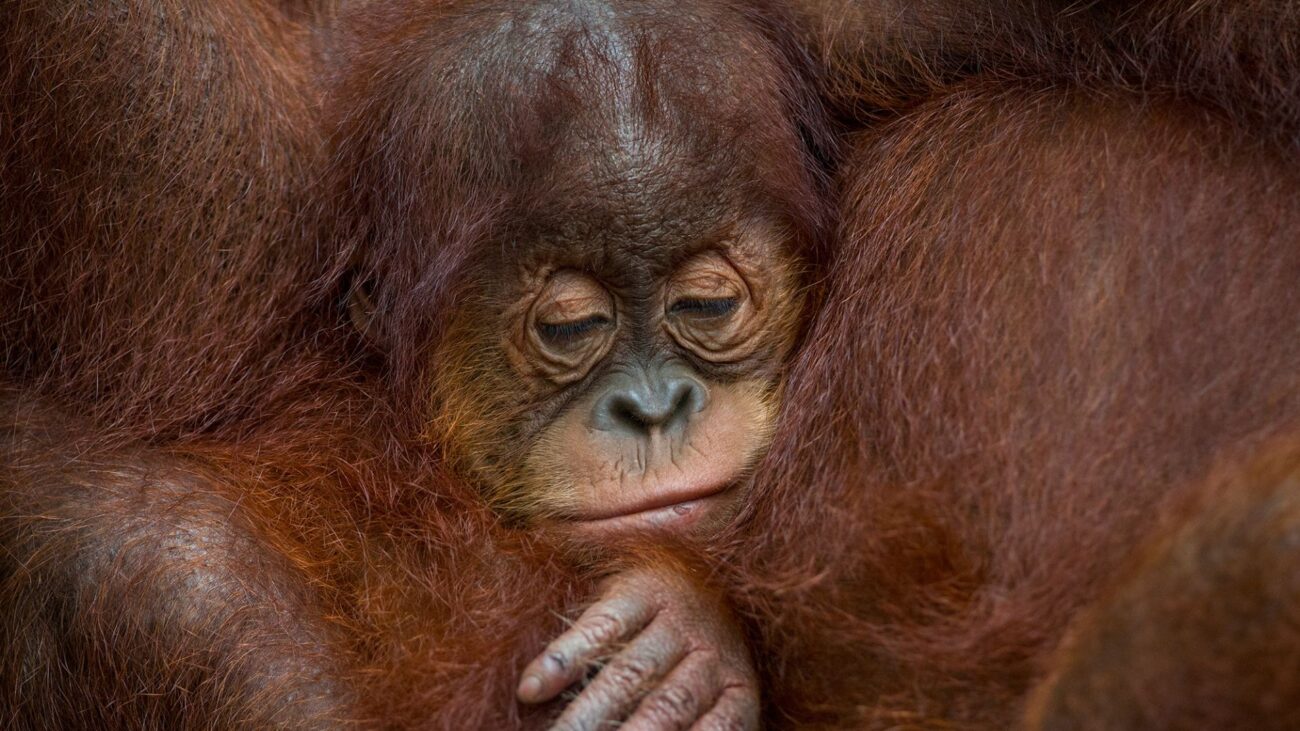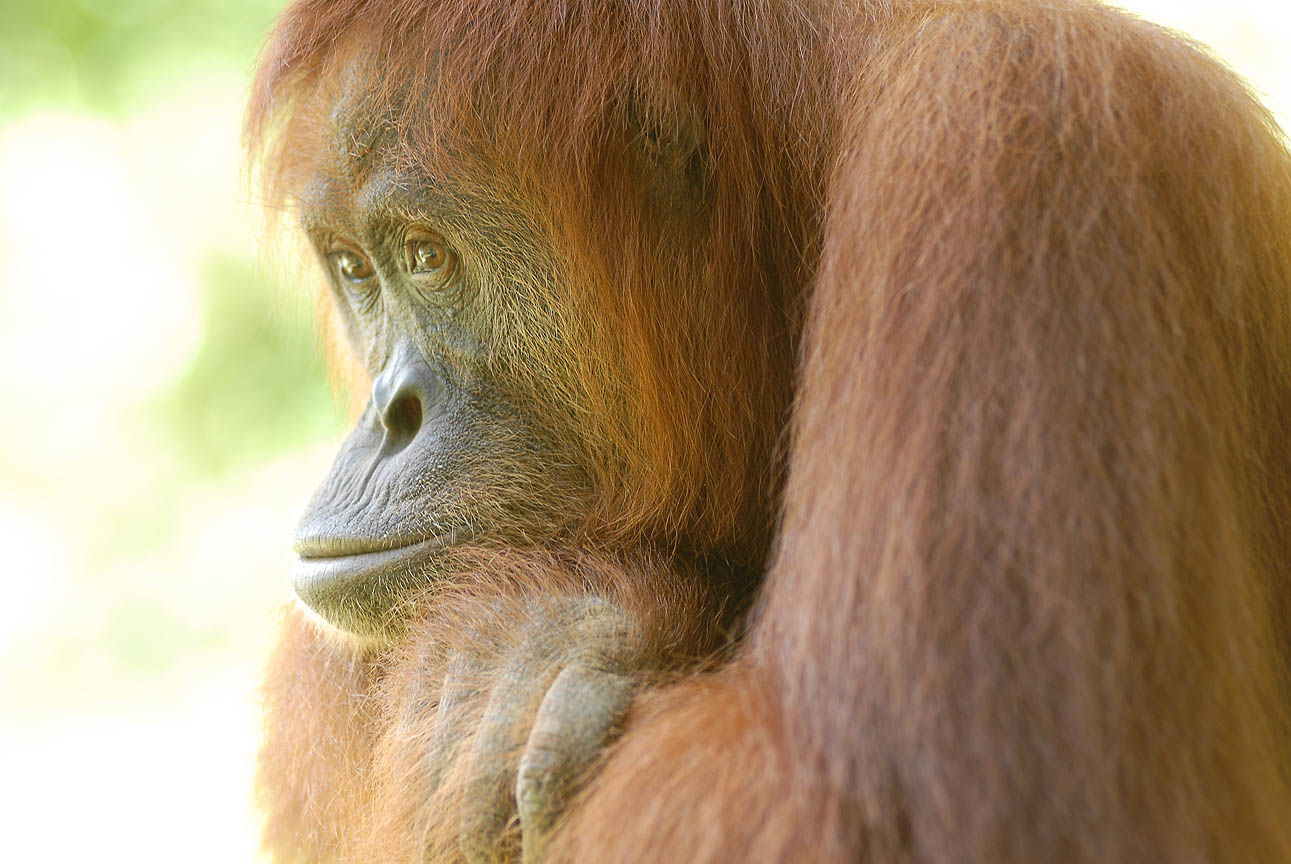
Photo credit: Zac Mills, the Wildlife Collective
On average, humans sleep about seven hours a night. This is a consistent pattern in both industrial and non-industrial societies. This is in contrast to our primate relatives: chimpanzees typically sleep 9.5 hours, cotton-top tamarins get 13 hours, and the nocturnal three-striped night monkey sleeps for an impressive 17 hours!
Sleep is crucial for memory, immune function, and overall health. This poses a fascinating question: why do humans sleep less? A predictive model of primate sleep, which factored in body mass, brain size, and diet, suggests we should be getting around 9.5 hours of sleep per 24 hours — not the 7 hours we typically average.
This is called the human-sleep paradox. Not only do we sleep less in total, but we also spend more time in rapid-eye movement (REM) sleep. This means humans spend a larger proportion of their night dreaming compared to other primates. Our brief, REM-dense sleep likely evolved in response to predation.
Millions of years ago, our ancestors slept in trees and, much like orangutans who build a new nest each night, would have constructed a tree bed or platform. However, as our ancestors transitioned to the ground, they were at more risk from predators. Early human groups likely slept together in basic shelters.
Some individuals would have stood guard while others rested. This cooperative sleep strategy is known as the social sleep hypothesis. Another theory is that humans traded some hours of sleep for sharing stories and culture around the fire. Humans compressed their sleep in order to learn and share information.
Modern humans can often struggle with sleep. This could be due to stress, disrupted circadian rhythms, or perhaps, a disconnect from our evolutionary past. For millennia, our ancestors had a short first sleep, an active wake period, and then more sleep. We sleep in isolation, but evolved to sleep in groups.
References:
You can help protect Sumatra's Orangutans. Click to get updates
